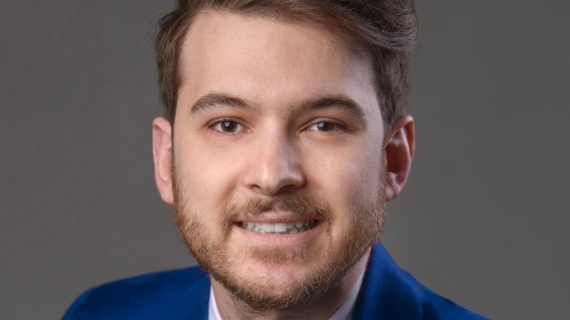Lorenzo Tavelli
Contemporary approaches for patient-centered. Minimally invasive root coverage procedures. | Soft tissue grafting for peri-implant health, and novel evidence on prevention and management of implant esthetic complications.

- DDS, MS is full-time assistant professor at the Department of Oral Medicine, Infection, and Immunity, Division of Periodontology at the Harvard School of Dental Medicine, Boston.
- He graduated from the University of Milan and then he completed his residency and Master of Science in Periodontics at the University of Michigan.
- His main focus in clinical research and daily practice is microsurgical and minimally invasive soft tissue grafting procedures around teeth and dental implants, where he has been pioneering the use of novel technologies – such as Power Doppler Ultrasonography.
- He has been extensively lecturing worldwide on these topics at the main scientific symposia.
- He has published more than 90 scholarly publications in the main international peer-reviewed journals, and he was the recipients of several research awards, including the 2022 Nevins Clinical Research Fellowship from the American Academy of Periodontology, and the 2021 Goldman Clinical Research award from the Italian Society of Periodontology, among others.
Nationality: Italy/ EUA
Scientific areas: Periodontology
10 of november, from 09h00 until 13h00
Auditorium A
Conference summary
09:00 – 10:30 AM
Contemporary approaches for patient-centered. Minimally invasive root coverage procedures.
Gingival recessions affect large part of the population. Several root coverage procedures have been shown to be effective in treating these conditions, in particular when utilizing autogenous connective tissue graft, which has been considered the standard-of-care when treating single and multiple gingival recessions.
Nevertheless, patients’ post-operative morbidity and overall perceptions of the therapy have nowadays become as important as clinical outcomes. Advancements in biomaterials and surgical instruments have allow the development of novel, patient-centered, and minimally invasive approaches for the treatment of gingival recessions.
The lecture will present the state-of-the-art of root coverage procedures, highlighting the importance of flap design (pros and cons of coronally advanced flap, tunnel technique, and tunneled coronally advanced flap [TCAF]), the “true” indications for using autogenous connective tissue graft, and the characteristics and expected outcomes of soft tissue graft substitutes.
11.00 AM – 12:30 PM
Soft tissue grafting for peri-implant health, and novel evidence on prevention and management of implant esthetic complications.
Biological and esthetic complications of dental implants are not rare findings.
Recent scientific evidence highlights the importance of the peri-implant soft tissue phenotype and its augmentation for improving esthetics, health, and patient comfort at implant sites.
While soft tissue augmentation techniques with autogenous grafts have been shown to be successful, minimally invasive approaches with non-autogenous biomaterials have been more and more advocated by clinicians and patients. At the same time advancements in technologies have provided a better understanding on peri-implant tissues in health vs disease, and on the healing events following soft tissue grafting, with interesting clinical implications for the preventing and treatment of implant esthetic complications.